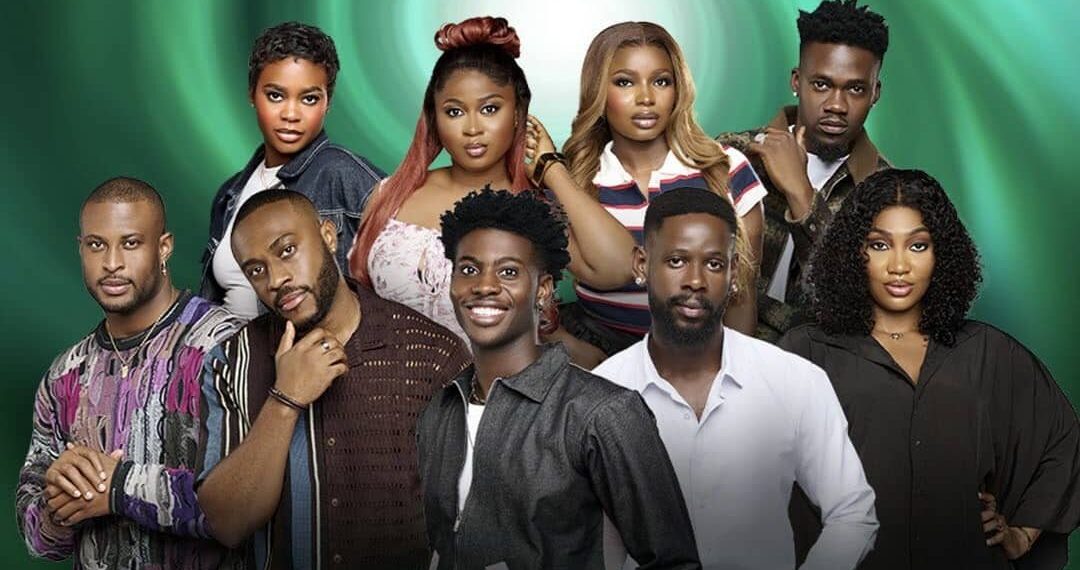Tying the knot remains one of the biggest milestones in the lives of many Nigerian and West African men. It often marks a leap into adulthood, full responsibilities, and societal acknowledgement of maturity and independence.
From Lagos to Accra, within tight-knit communities and sprawling urban centres, it is common for friends, relatives, or even well-meaning neighbours to gently—or not so gently—ask about marriage plans once a man is established in his career. For many Nigerians and Africans, marriage goes beyond personal fulfilment; it is viewed as a cornerstone of social structure and cultural legacy. This sets the tone for one of the most frequently debated questions among young adults: “What’s the right age to get married?”
Failing to weigh this decision carefully has its consequences. Some people claim that not being intentional about when to marry can lead to challenges in married life later on, from prolonged family pressures to mismatched priorities.
While everyone seeks a definite answer, experts, elders, and countless articles all suggest there is no universal blueprint. Opinions are as diverse as our communities and shaped by factors such as education, work-life balance, urbanisation, and even globalisation. Culture, family expectations, and religious beliefs also play major roles, making the “best” marriage age a personal—and sometimes controversial—matter for each individual.
Still, most discussions about marriage timing tend to focus on two main windows: your 20s and your 30s. Understanding the pros and cons of each can empower men—and indeed women—to make choices that suit not only their ambitions but also their emotional and financial reality.
![Who benefits most from getting married, the man or woman? [Instagram]](https://nowahalazone.com/wp-content/uploads/2025/10/c0ce53b4-ec60-486c-8436-4485ce86990b-1.jpg)
Who benefits most from getting married, the man or woman? [Instagram]
Why Consider Marriage in Your 20s?
Opting to get married in your 20s comes with a unique set of advantages, many of which resonate in cultures that place a premium on youth and early family development. Here are some notable benefits:
-
There is a sense of lightness—less emotional “baggage” or entrenched habits—which can make it easier to adapt to married life with your partner.
-
You are typically full of energy, making you better positioned to handle the demands of raising young children, which can otherwise be physically and emotionally taxing.
-
Marrying early can mean that by your early or mid-30s, your children may already be growing towards independence, freeing you to focus on career growth, education, or personal projects while peers are still in the trenches of sleepless nights with newborns.
-
Early marriage often serves as powerful motivation: Nigerian men who got married while in their 20s, like Chuka from Enugu, say the responsibility gave them a greater drive to succeed both in their businesses and academic pursuits.
-
There is a certain joy in sharing your youthful dreams and ambitions with your spouse, growing, exploring, and weathering life’s storms as a team while you both are still discovering new aspects of yourselves and each other.
Why Some Prefer Tying the Knot in Their 30s
-
By your 30s, you tend to have a more mature perspective—experience with relationships and clearer personal values help in making thoughtful choices about a lifelong partner.
-
There’s an opportunity to experience singlehood into adulthood: exploring personal interests, spending time on self-development, and travelling or trying new ventures before settling down.
-
Parenting philosophies and life skills are often more developed by this stage, which can benefit children in the long run.
-
Financial stability is a significant factor. According to a recent report by the National Bureau of Statistics, Nigerians in their 30s are more likely to have stable income and assets, reducing common sources of marital stress.
-
Communication, a critical component of any marriage, is typically enhanced by the accumulated life experiences and emotional intelligence that often come with age.
However, there are also practical challenges and debates on both ends. For instance, family and societal pressure to marry early might clash with individual readiness. Conversely, waiting too long could lead to concerns around fertility or difficulty finding a compatible partner, according to relationship therapists across Nigeria and Ghana.
In interviews conducted across Lagos and Abuja, many young adults expressed concerns about the pressure to marry either “as soon as you get a job” or to “wait until you’re done enjoying life.” Aisha Bello, a relationship counsellor in Lagos, tells us, “There’s no ‘perfect’ time that works for everyone. What matters most is being prepared emotionally, financially, and mentally.”
Various studies show the average age for marriage in Nigeria hovers between 27 and 31 for men, though this can trend younger in rural areas and slightly older among professionals in urban centres. Across West Africa, patterns are similar, but urbanisation and access to education lead to later marriages, particularly in cities like Accra and Dakar.
Internationally, the trend toward later marriages is linked to shifting priorities—emphasis on career, education, and financial independence. According to the United Nations Demographic Report 2023, median age at first marriage in Sub-Saharan Africa is rising, although it remains lower than in most Western countries. These shifts influence family dynamics, fertility choices, and even the evolving portrayal of marriage in Nollywood films and African pop culture.
Crucially, local context and personal circumstances should guide the decision. While family elders may recommend early marriage for continuity or cultural reasons, financial experts like Uche Eze, a financial planner based in Lagos, advise young couples to prioritise building a secure economic foundation before taking the plunge. “Money issues account for the bulk of marital tension I see,” she notes. “Couples who wait until they have a plan fare better, regardless of age.”
Ultimately, the notion of a “one-size-fits-all” age simply does not exist. Attitudes are shifting, and so should the advice young people receive. Instead of a rigid timeline, the focus should be on preparedness—understanding one’s own motivations, values, and ability to support another person through life’s highs and lows.
Many Nigerian relationship coaches, after years of working with couples, often recommend the late 20s to early 30s—roughly ages 28 to 33—as an optimal period for marriage. This window, they claim, allows individuals to benefit from the vibrancy and adaptability of youth while harnessing the maturity and stability that come with life experience. Of course, this recommendation does not bind anyone; personal context remains key.
As the conversation on marriage age continues to evolve in Nigeria, Ghana, and across Africa, it is important to broaden the debate: What truly determines readiness for marriage? Is it about a number, financial milestones, maturity, or simply a heart’s conviction? Family expectations, personal dreams, and changing social landscapes all play their part. What about you—where do you stand?










